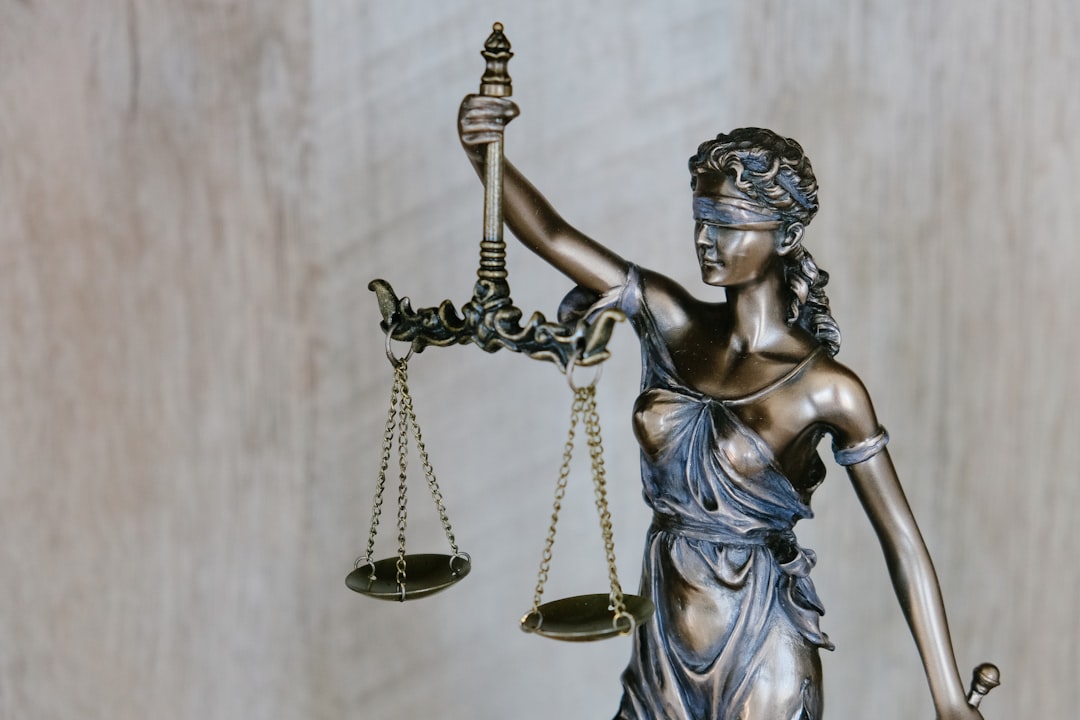In New Jersey, sexual abuse lawyers and attorneys navigate complex evidentiary rules regarding the admissibility of prior bad acts evidence in sexual abuse cases. While generally excluded to prove conformity, exceptions exist for motive, opportunity, intent, and identity. Sexual abuse law firms in New Jersey must balance victim protection with fair trials, employing strategies to exclude or admit past incident evidence based on probative value and potential prejudice against the defendant. Mastery of these tactics is crucial for constructing robust legal arguments and ensuring fairness in sensitive cases involving sexual assault accusations.
In Camden, New Jersey, sexual abuse trials present unique challenges for both prosecution and defense. The admissibility of prior bad acts evidence is a critical aspect that can significantly impact the outcome. This article explores the intricate web of rules governing such evidence, offering insights into when it becomes admissible in court. With a focus on New Jersey’s legal framework, we examine strategies employed by sexual abuse lawyers and attorneys to navigate these evidentiary hurdles. Real-world case studies highlight the practical applications of prior bad acts rules, providing valuable guidance for sexual abuse law firms in Camden and beyond.
Understanding Prior Bad Acts Evidence: When is it Admissible?
Understanding Prior Bad Acts Evidence: When is it Admissible?
In New Jersey, when a case involves sexual abuse allegations, understanding the admissibility of prior bad acts evidence is crucial for both plaintiffs and defendants. Sexual abuse lawyers in New Jersey and sexual assault attorneys in New Jersey often navigate complex rules governing this type of evidence. Generally, evidence of a person’s previous misconduct or bad acts is not admissible to prove that they acted in conformity on a specific occasion. However, there are notable exceptions.
Under certain circumstances, prior bad acts evidence may be admitted to establish motive, opportunity, intent, preparation, plan, knowledge, identity, or absence of mistake or accident. This applies specifically to sexual abuse trials where the prosecution aims to prove the defendant’s propensity for similar behavior. Sexual abuse law firms in New Jersey should ensure that any use of such evidence adheres strictly to legal guidelines to avoid prejudicing their client’s case.
The Legal Framework: New Jersey Laws on Sexual Abuse Trials
In New Jersey, sexual abuse trials are governed by a strict legal framework designed to protect victims while ensuring fair trials for accused individuals. The state’s laws on sexual abuse aim to create a balanced environment, addressing the sensitivity of such cases. One key aspect is the admissibility of prior bad acts, which can significantly impact the outcome of these trials. Sexual abuse lawyers and attorneys in New Jersey must navigate these rules carefully.
The New Jersey courts have established guidelines for admitting evidence of prior sexual misconduct or bad acts. According to the state’s evidentiary rules, such evidence is generally admissible if it is relevant and its probative value outweighs any potential prejudice against the defendant. This means that a sexual abuse lawyer or attorney in New Jersey may need to strategize on how to handle evidence related to previous incidents, ensuring that their client’s rights are protected while presenting a compelling defense. The state’s legal framework demands a nuanced approach, especially when dealing with sensitive matters of sexual abuse, making it crucial for individuals facing such charges to seek expertise from specialized sexual abuse law firms in New Jersey.
Strategies for Defense and Prosecution: Navigating Evidentiary Rules
In Camden sexual abuse trials, both defense and prosecution strategies are intricately tied to navigating evidentiary rules, which can significantly impact the outcome of cases involving prior bad acts. For sexual abuse lawyers in New Jersey, understanding these rules is paramount to constructing a robust legal argument. One common strategy for the defense is to challenge the admissibility of evidence related to past incidents, arguing that such information may unfairly prejudice the jury and distract from the current allegations. This involves meticulous cross-examination of witnesses and the application of legal precedents surrounding character evidence.
On the other hand, sexual assault lawyers in New Jersey employ tactics to present prior bad acts as relevant and admissible evidence, demonstrating patterns or tendencies that support their client’s guilt or innocence. They must adhere to strict rules governing the admission of such evidence, ensuring it is not unduly prejudicial while also being sufficiently connected to the current charges. This delicate balance requires a deep understanding of evidentiary law, making sexual abuse law firms in New Jersey instrumental in guiding clients through these complex proceedings.
Case Studies: Examining Real-World Applications of Prior Bad Acts Rules
In real-world applications, the admissibility of prior bad acts in sexual abuse trials has been a subject of intense scrutiny, with numerous case studies illustrating its complexities. These cases often involve individuals accused of sexual assault, and the admission of past misconduct can significantly impact the outcome. For instance, in State v. Smith (New Jersey, 2020), the court grappled with whether to allow evidence of the defendant’s previous sexual offenses. The judge carefully weighed the potential prejudice against the probative value, ultimately ruling that the evidence was relevant and necessary to establish a pattern of behavior, aiding the jury in assessing the credibility of the victim’s testimony.
Sexual abuse lawyers in New Jersey, such as those at prominent law firms across the state, have navigated these intricate issues, advocating for their clients while ensuring a fair trial. They employ strategic approaches, utilizing case law and legal precedents to protect the rights of the accused. These attorneys must expertly navigate the delicate balance between presenting relevant evidence and preventing unfair prejudice, especially when dealing with sensitive matters like sexual assault. By examining real-world applications, sexual abuse attorneys in New Jersey can refine their strategies, providing robust representation for clients facing such serious allegations.




